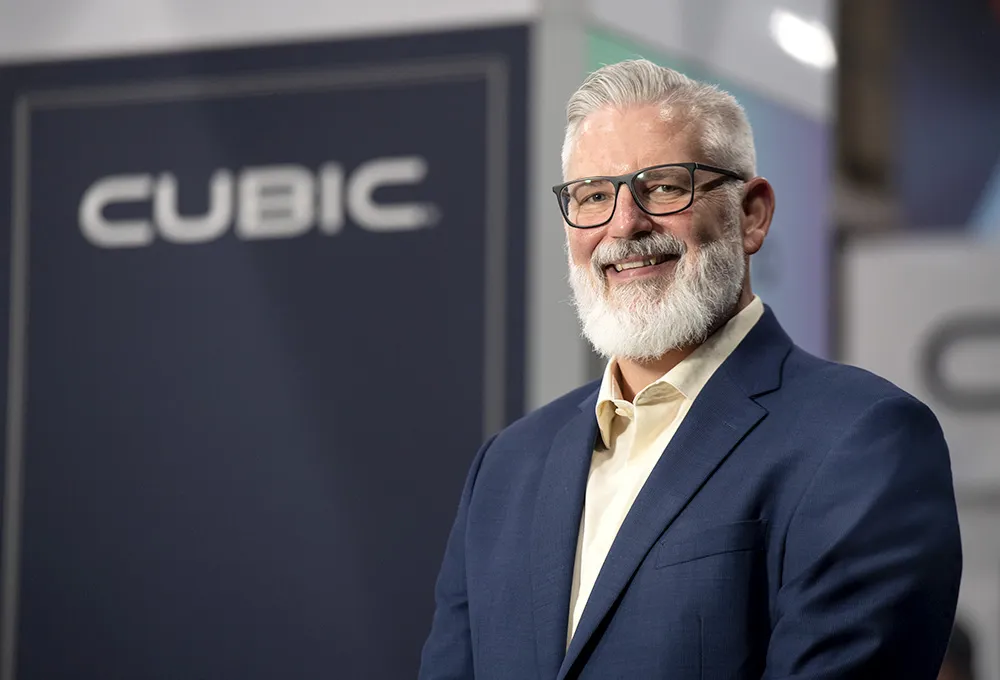
At any conference or exhibition, it tends to be the ad libs and asides, the departures from the scripted or official lines, which are the most telling.
In mid-February, ITS-UK's Road User Charging Interest Group met in London. The event was no exception to that statement. Keith Mortimer, the Group's chairman, and his colleagues put together one of the better programmes on charging and tolling that I've seen in recent years. Sadly, however, the very positive presentations on deployments and technological progress had to be considered against the context of the UK government's attitude to implementation. Far from being eager to take things forward, I came away with the distinct impression that the current Conservative-Liberal Democrat coalition is preoccupied with finding as many reasons as it can to do as little as possible. At the very least, there appears to be a determination to ignore expert advice on the most appropriate technologies.
Inevitably there's cost involved in rolling out and operating a national charging scheme, whether it be for some or all vehicles. We're still in the grip of recession and the UK is one of many countries which have a long way to go before it sees the light at the end of the tunnel. But to hear of ministers continuing to refer to the technology involved as 'expensive' or 'complicated', as if this were justification for inaction, was, frankly, depressing.
I suspect that, for a coalition government saddled with an economic situation which is already forcing it to make drastic cuts, public opinion is also a major concern. So the interview with the
It's not that I'm suggesting that the ANWB survey is the only one ever carried out. It isn't. Its size sets it apart, however, as does its result: stop the presses and hold the front page, because it turns out that people do agree in principle with charging.
There are provisos, of course. One is that it be implemented fairly. Another is that an attempt shouldn't be made to use a scheme's introduction as a way of camouflaging increases in taxation which cover the shortfalls inherent in whatever went before; politicians should realise that people know pretty quickly whether they're better or worse off and so it's doubtful that any such ruse would in any case be successful. Yet another is that the technology and its operation be relatively simple - for instance Ferry suggests, at least in the initial stages of deployment, the use of an accurate clock linked to the vehicle's odometer rather than an all-singing, all-dancing, GPS-equipped OBU.
So do we need to 'de-complicate' the technology? Perhaps, but not in the way some politicians are suggesting. Distance-based charging is already common across Europe. Germany, for instance, is already planning to reduce the lower weight limit of trucks eligible to be charged. It's not such a great leap of the imagination from there to a point where cars are included, too. But as each new national scheme rolls out, the technology improves as lessons are learned; technology which already works very well indeed.
The technology, then, is robust, unlike some governments' policies and public information campaigns. To those politicians around the globe who talk about distance-based charging being an inevitability but something for the future, I'd say stop prevaricating. The less polite might put it more strongly.










